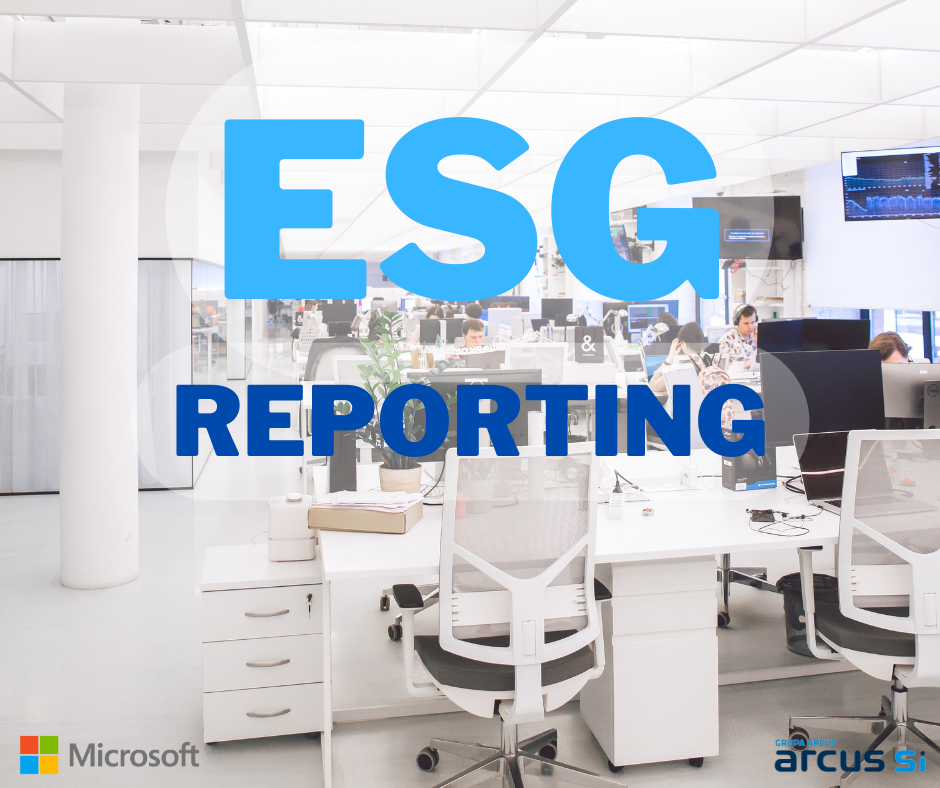ESG reporting
ESG, ESG reporting. Meaning: new responsibilities for the organization. How does Microsoft Dynamics 365 respond to this challenge?
Let’s decipher: ESG = environment, social, governance.
Behind this is a set of criteria for evaluating the company’s impact on: the environment, society and business management practices.
ESG reporting concerns the mandatory disclosure to authorized entities of specific information on sustainable development, the use of solutions aimed at protecting the environment, social issues (e.g. work life balance) or appropriate and transparent company structures.
Currently, the reporting applies only to the largest companies, which are the so-called public interest entities (PIE) that employ over 500 employees and meet one of two financial conditions in the financial year: PLN 85 million of total assets in the balance sheet or PLN 170 million of net sales revenue. In practice, this means large listed companies, banks, insurance companies, other PIE.




